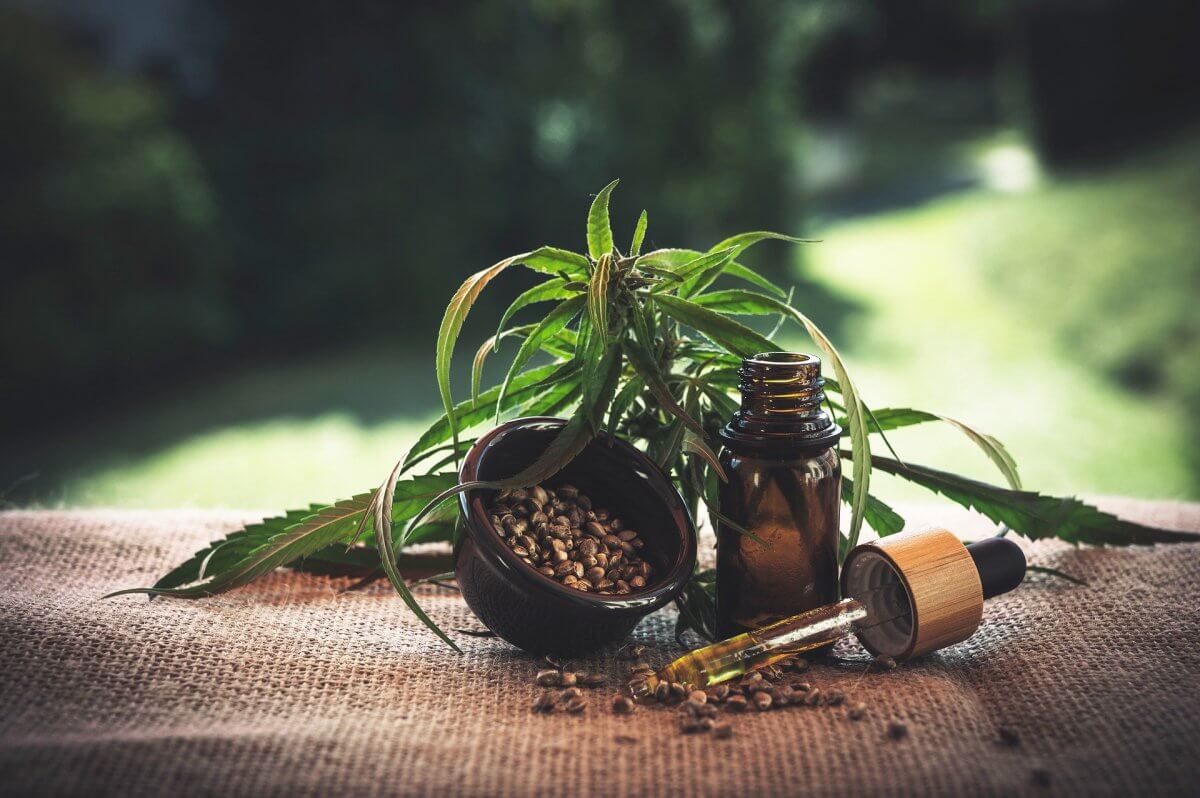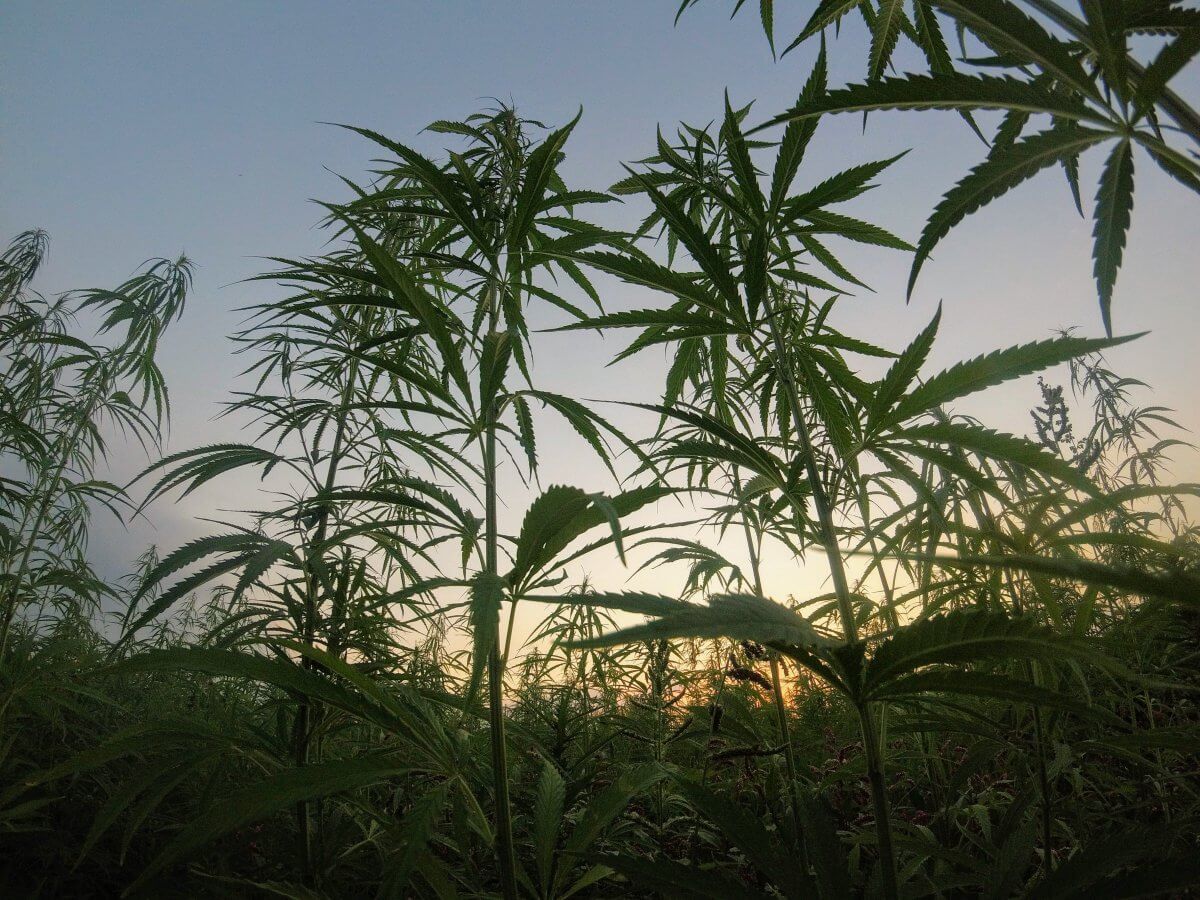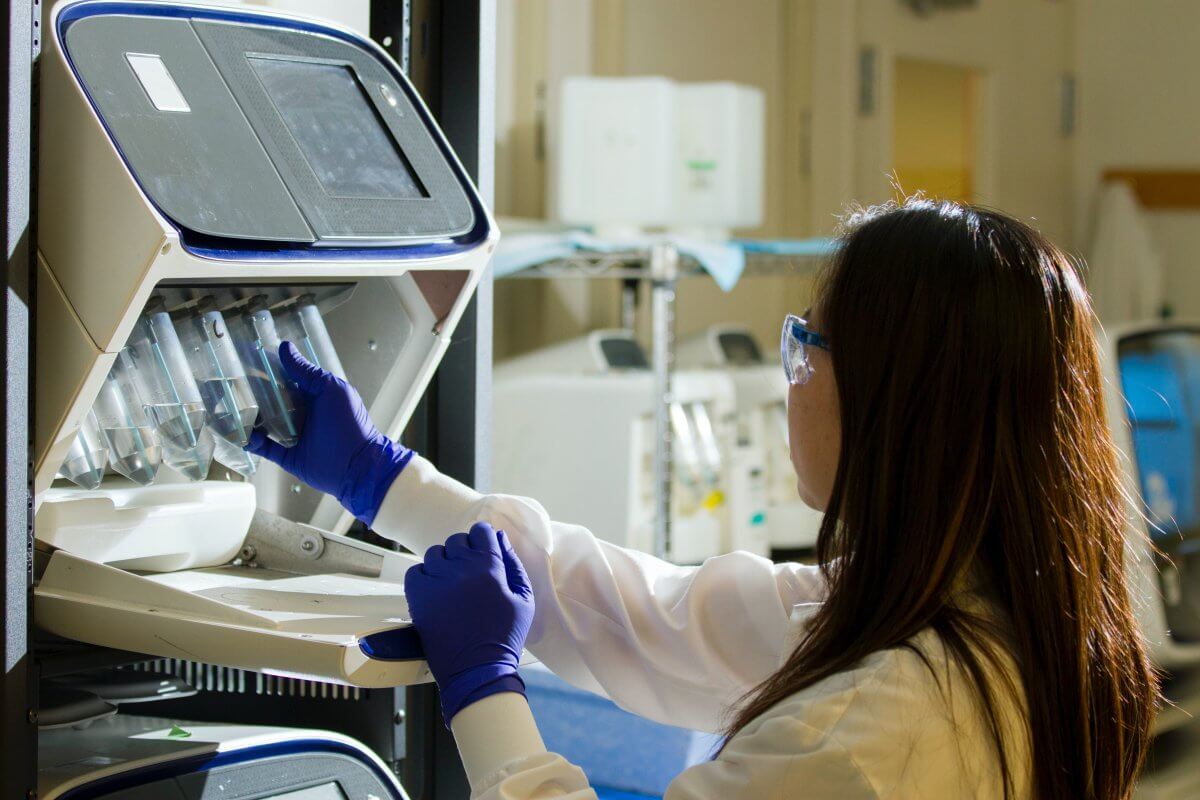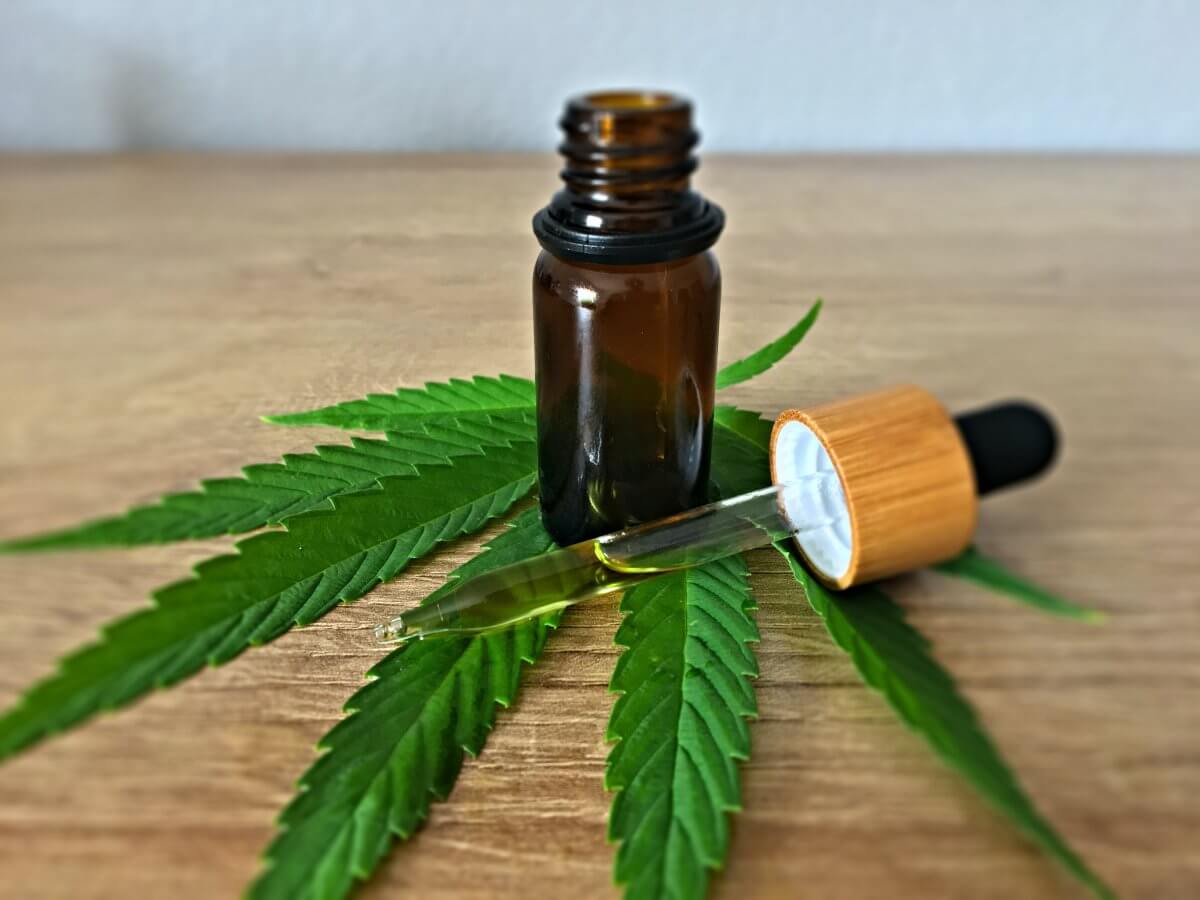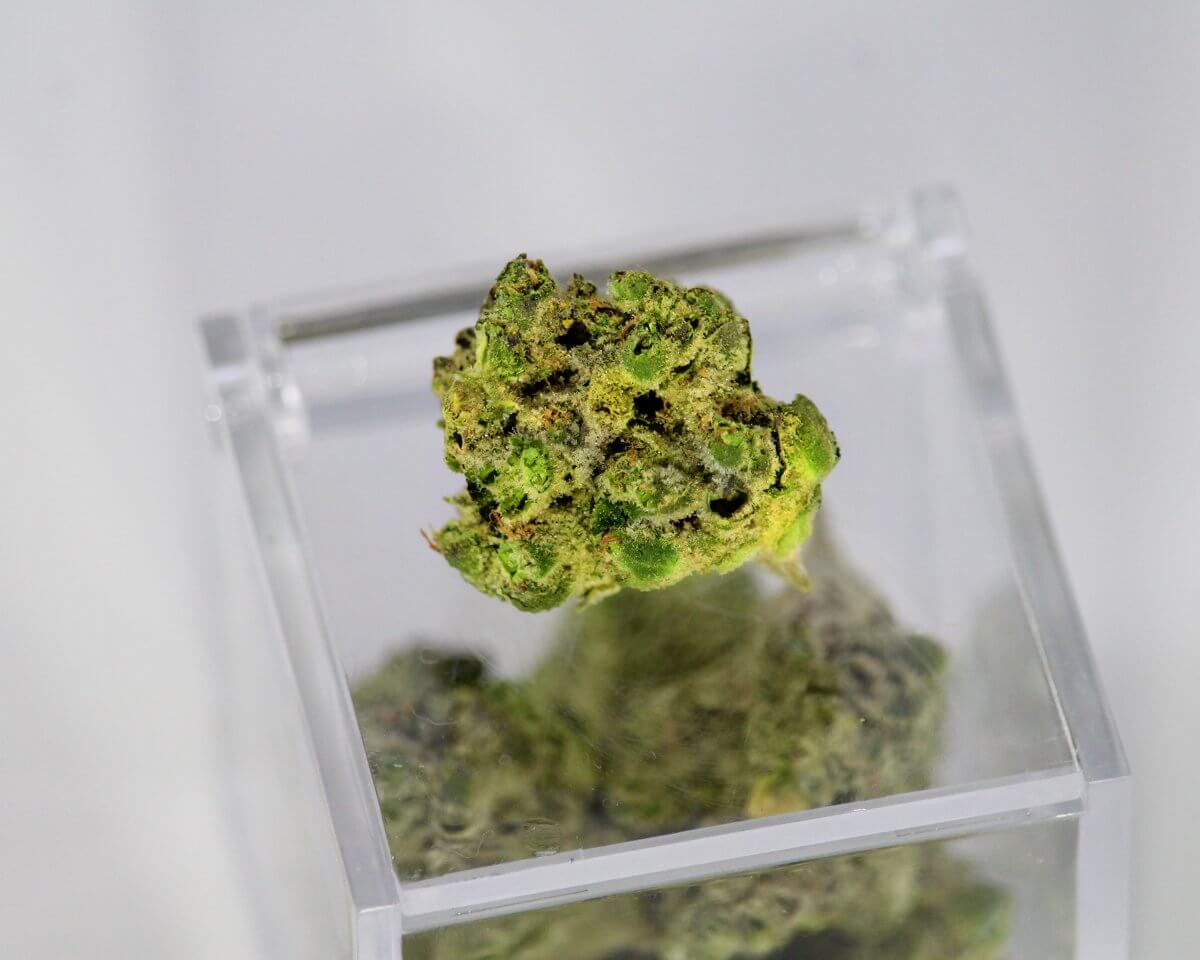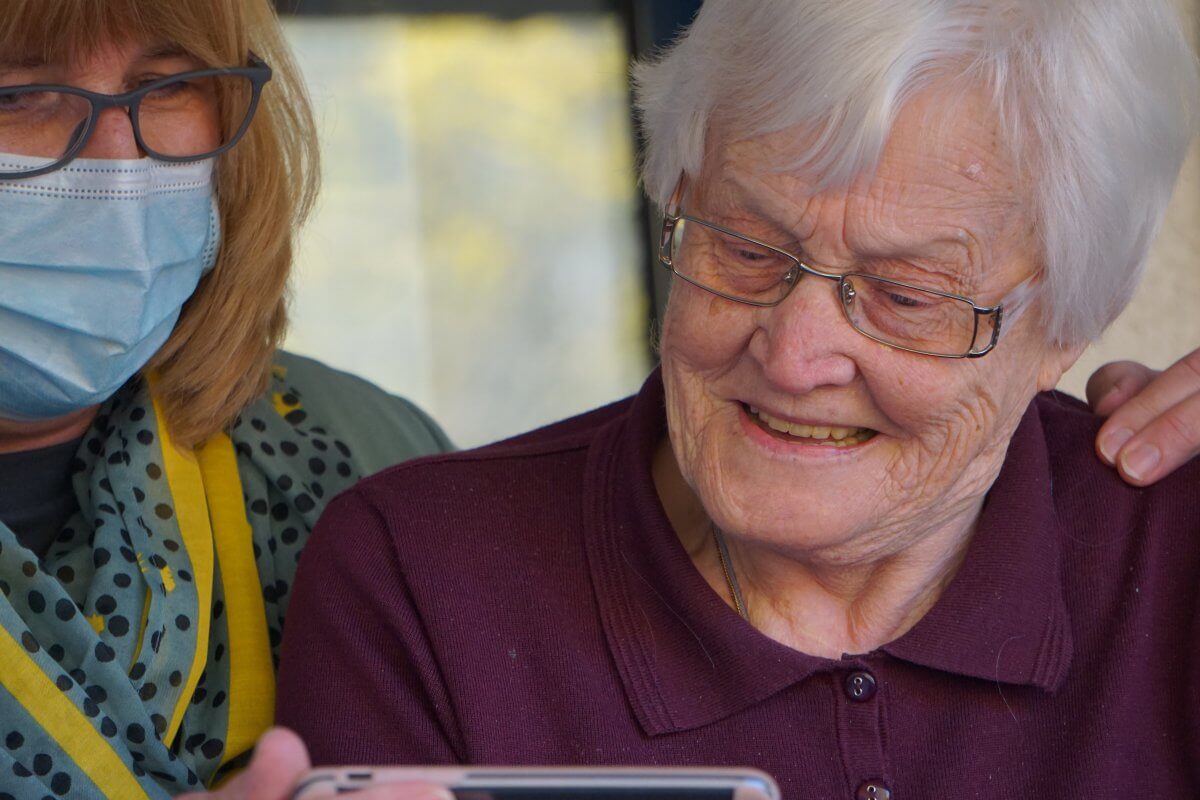More and more patients with chronic pain are using the non-psychotropic cannabinoid cannabidiol (CBD) to relieve their pain. A survey of patients in America showed that cannabis-based medications and CBD reduced chronic pain in a large proportion of them. In addition, these medicines help to reduce the use of opiate-based painkillers.
Survey in seven pain clinics in America
A total of 253 patients from seven pain centres in Southern California were interviewed. The average age of the patients was 45.4 years. They were invited to participate in the survey through posters and flyers.
62 % of the respondents (152 people) already had experience with CBD products. Back pain was the most common type of pain with a share of 67.3 %. This was followed by nerve pain (46.7 %) and neck pain (44.7 %). In about half of the cases (56.3 %), the psychotropic and pain-relieving tetrahydrocannabinol (THC) was also contained in the cannabis product.
Chronic pain conditions treated included:
- Back pain
- Neuropathic pain
- Neck pain
- Migraine
- Limb pain
- Fibromyalgia
The CBD products were taken in different ways. The most common was by inhalation (62.9 %), followed by edible cannabis products (54.3 %) and oral cannabis tinctures (52.3 %). Some of the respondents had experience with several forms of administration.
The delivery forms used included:
- Inhalation or smoking
- Edibles
- Oral tinctures
- Topical cannabis preparations (cream, ointment, oil)
- Capsules
- Spray
Less pain for most people affected
For 59% of the respondents, CBD products help to alleviate their chronic pain. In addition, around 68 % of the patients were able to reduce the dosage of other painkillers. 53.7 % of the respondents were even able to reduce the intake of opiate painkillers.
In the survey, those affected were also asked about experiences in their surroundings, i.e. from friends, family members and acquaintances, regarding the use of CBD products. The result was positive, as 78.1 % of the respondents stated that they knew people who had successfully treated complaints with CBD. The results regarding tolerability were also quite positive. Only about 7 % of the respondents reported undesirable side effects.
A huge 91.9% of respondents said they wanted to learn more about the medicinal uses of CBD.
The state of research on CBD for chronic pain
There is still much research to be done on the treatment of chronic pain with CBD. However, it is already known that CBD has a low abuse potential. CBD even has rather the opposite effect. An American study in 2019 showed that Epidiolex®, a CBD-containing drug, can reduce addiction pressure and anxiety in patients with heroin addiction.
For chronic pain, especially neuropathic pain, recent data suggests that the cannabinoid THC has a greater analgesic effect than CBD. In 2020, another American study showed that chronic pain patients were able to reduce the dosage of their opiate painkillers after being treated with CBD for 8 weeks. THC and CBD-containing medications can therefore support pain relief.
More studies are needed in the future to find out whether CBD is an effective treatment alternative for the different kinds of pain disorders. In addition, the differences between CBD isolates and full-spectrum extracts need to be further investigated.
Source:
Schilling JM, Hughes CG, Wallace MS, Sexton M, Backonja M, Moeller-Bertram T. Cannabidiol as a Treatment for Chronic Pain: A Survey of Patients’ Perspectives and Attitudes. J Pain Res. 2021;14:1241-1250


